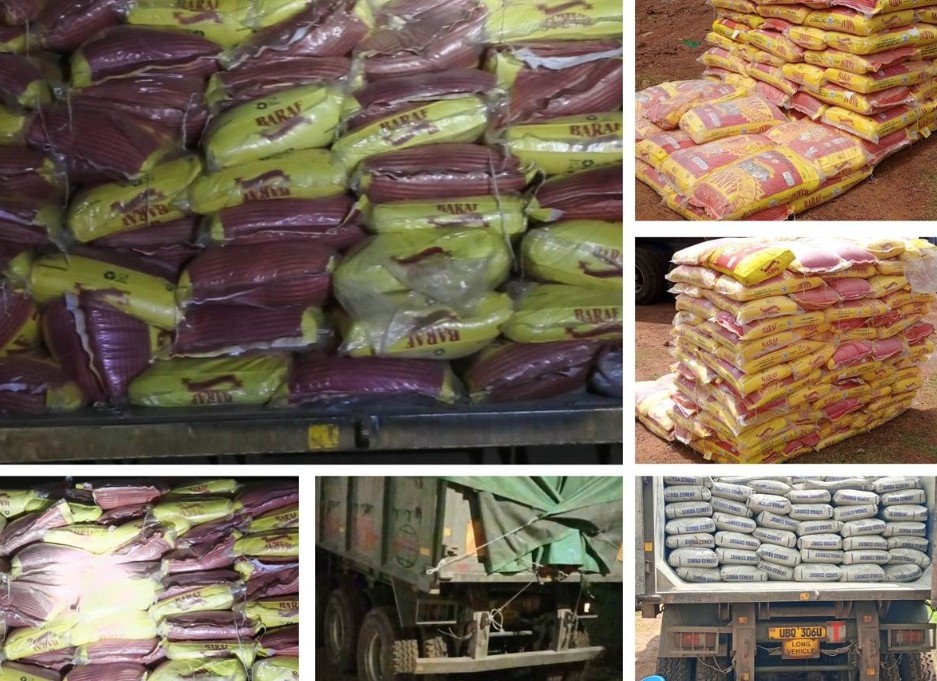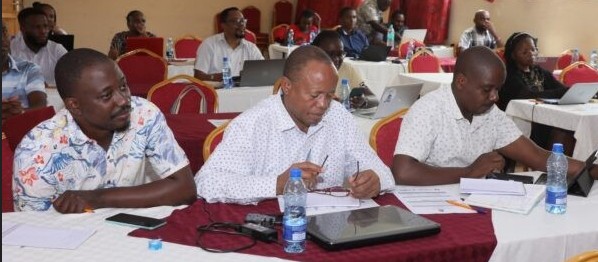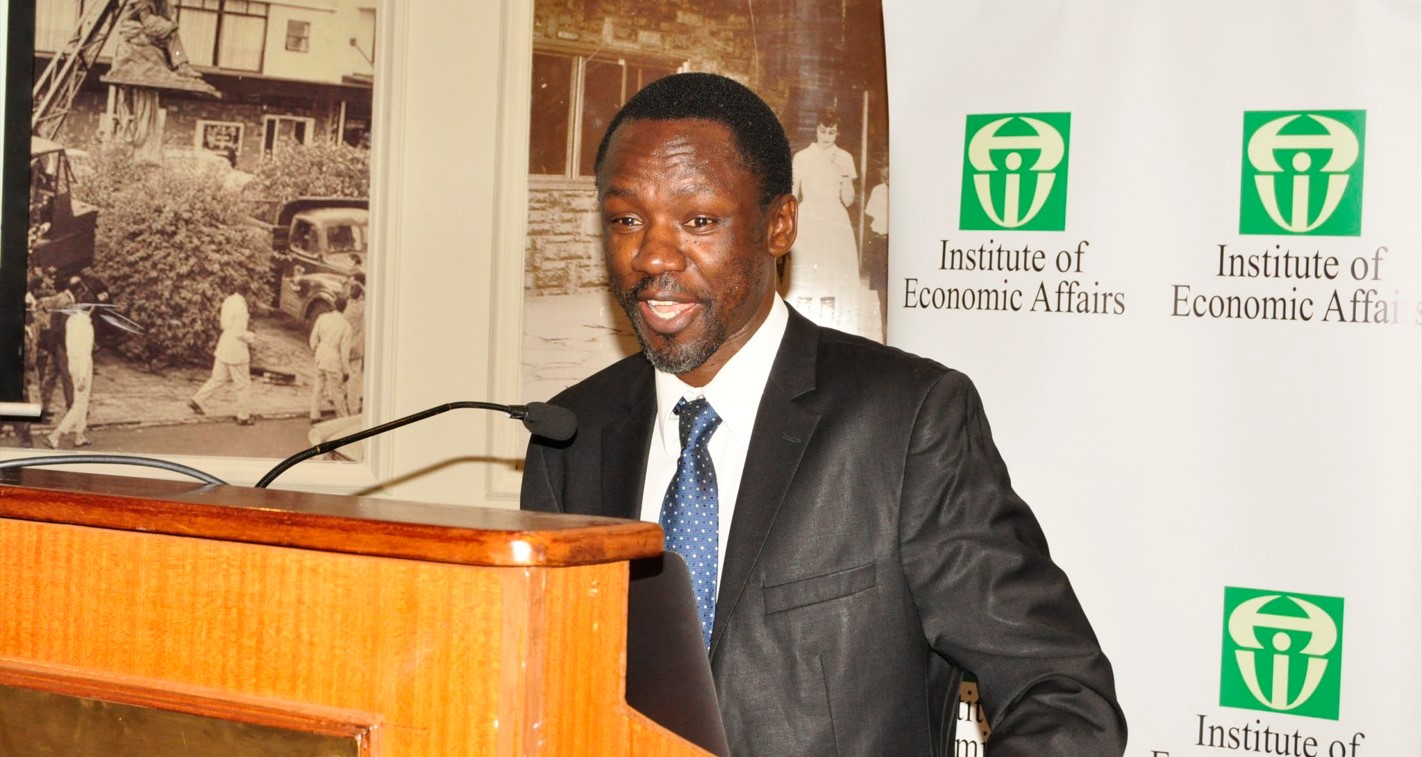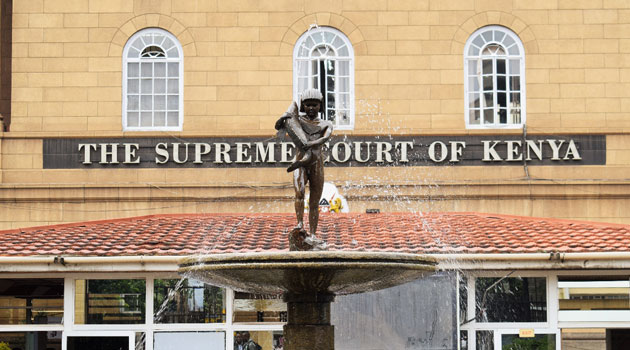Finance Committee concludes public hearings on proposed tax amendment bills

The hearings saw participation from over 150 organisations and individuals who provided insights on various provisions within the bills.
The National Assembly's Departmental Committee on Finance and National Planning, has concluded public hearings on three critical pieces of legislation: the Tax Procedures (Amendment) (No. 2) Bill, the Tax Laws (Amendment) Bill, and the Business Laws (Amendment) Bill.
The hearings, which have been taking place at the Kenyatta International Convention Centre, saw participation from over 150 organisations and individuals who provided insights on various provisions within these bills.
More To Read
- Kenya’s tax system narrows inequality but pushes more people into poverty - report
- KRA extends tax filing deadline by one day after taxpayers faced technical hitches
- KRA waives Sh165 billion in penalties as over three million Kenyans benefit from tax amnesty
- State slashes digital transfer tax to 1.5 per cent to boost tech sector
- KRA surpasses Sh2 trillion in revenue collection as growth hits 6.1 per cent
- Treasury targets foreign firms in public tenders with fresh tax proposal
Among the key topics discussed was the Business Laws (Amendment) Bill, particularly its impact on the Banking Act, the Central Bank Act, and the Microfinance Act.
Notably, submissions were made by the Nairobi Securities Exchange, represented by CEO Frank Mwiti, and the Kenya Association of Stockbrokers and Investment Banks (KASIB), represented by Donald Wangunyu.
Both groups raised concerns about the proposed imposition of a 5 per cent withholding tax on interest earned from green and infrastructure bonds, as outlined in the Tax Laws (Amendment) Bill.
Sustainable investments
They advocated for maintaining tax exemptions on these bonds to encourage sustainable investments.
According to them, green and infrastructure bonds attract investors committed to environmental sustainability, and imposing taxes on the interest earned could undermine the purpose of such bonds.
Alpharama Limited, a company in the leather industry, also presented its case to the committee, requesting a reduction in import and excise duties on specialised chemicals used in leather production.
The Committee chaired by led by MP Kuria Kimani (Molo), informed the company that the issue of import duties falls under the jurisdiction of the East African Legislative Assembly, not the Finance Committee, advising them to take their petition there instead.
Other stakeholders, including Ichiban Tax and Business Advisory LLP, raised concerns about the reverse invoicing obligation for small-scale farmers, arguing that the current system is unworkable due to the lack of centralised sourcing systems for farmers.
They proposed that the requirement be deferred until small-scale farmers are organised into cooperatives.
The East Africa Venture Capital Association, however, argued that with the Kenya Revenue Authority's implementation of eTIMs, small-scale traders and farmers could issue invoices through web platforms or mobile phones, thus addressing the challenge.
In another submission, Koko Networks, a company providing clean cooking fuel from bioethanol, called for the exemption of VAT on the supply of bioethanol (tariff number 2207.20.00) to support the wider adoption of clean cooking solutions in Kenyan households.
Sophie Odupoy, the Group Head of Public Affairs at Koko Networks, recalled the success of a similar VAT exemption in the 2021 Finance Act, which led to a faster uptake of clean fuel solutions.
MP Kimani acknowledged the "progressive views and unique proposals" received during the hearings and assured that these submissions would be carefully considered in the committee's final report.
The committee is set to retreat this weekend to prepare its report, which will be presented to the House next week for further consideration.
Top Stories Today











































